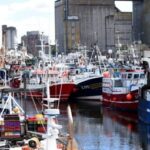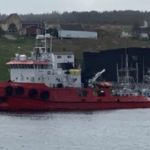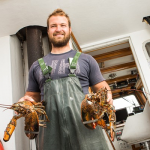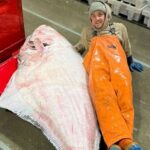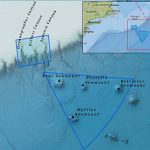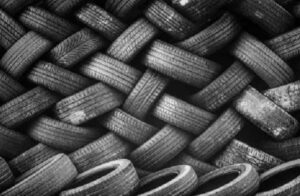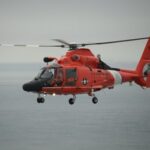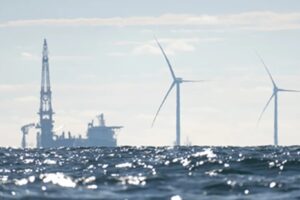Daily Archives: June 5, 2023

Canadian Company Pleads Guilty to Illegally Selling Harp Seal Oil in the United States
FeelGood Natural Health Stores Ltd. (FeelGood) pleaded guilty today to one count of violating the Lacey Act by knowingly transporting and selling harp seal oil capsules in violation of the Marine Mammal Protection Act (MMPA). According to the plea agreement, FeelGood is a Canadian corporation located in Whitby, Ontario, Canada. Between at least April 2019 and May 2021, FeelGood offered harp seal oil capsules for sale in the United States on both its own webpage and a third-party platform. It did so even though its website on the third-party platform acknowledged, “NOT ship to USA,” and though FeelGood received a notice that some shipments had been seized by the federal government for violation of the MMPA. >click to read< 18:55
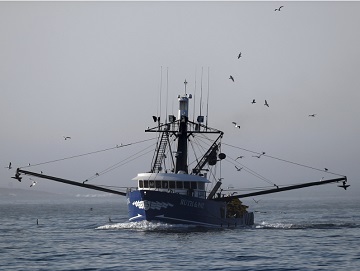
Courts threaten to sink federal fishery monitoring
NOAA suffered a major blow in February when a three-judge panel of the 5th U.S. Circuit Court of Appeals in Louisiana threw out a rule that would have required charter boats in the Gulf of Mexico to be equipped with electronic monitors to report fish catches. Fishermen complained that the devices would cost them as much as $3,000 per boat. And the agency may be poised for an even bigger setback from the Supreme Court. Justices last month said they would take up a case that could decide whether NOAA has the legal authority to force New England herring fishermen to hire third-party contractors to monitor their fishing at a cost of up to $700 per day. >click to read< 13:55
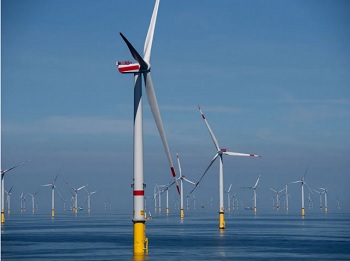
Contrary to mainstream belief, wind turbines are neither effective nor, in many cases, good for the environment
Claims of wind power being pro-environment often do not consider the damaging effects these projects can have on wildlife and ecosystems, thus hiding the “true cost” of such initiatives. Wind power projects can threaten birds that fly within their vicinity and trigger a decline in their population; it can harm marine life due to noise pollution and affect the growth of plants in the region where it is located. Driven by subsidies granted by the federal government, the growth of wind projects has triggered concerns about the cumulative impacts they have on the environment. There have been growing protests against wind power projects across the world. In the United States, people have opposed setting up wind turbines in Lake Erie due to concerns about the environmental impact of the project. In New Jersey, protestors have asked to pause the development of an offshore wind farm which they claim has led to dolphins and whales washing ashore. >click to read< 12:38

Maine fishing industry forum held in Waldoboro
On Wednesday, May 24, a crowd of over 100 concerned citizens attended a forum at the Coastal Christian Academy in Waldoboro on the challenges facing our lobster industry. Forum participants focused on the history of lobstering as a self-regulated, sustainable fishery, right whale protections, and the impact of offshore wind power. William “Billy Bob” Faulkingham of Winter Harbor, Maine House District 12 Representative, House Minority Leader and a fourth-generation lobsterman, was the first speaker. Dustin Delano, chief operating officer of the New England Fishermen Stewardship Association and former vice president of the Maine Lobster Association, was the second speaker. Jason Joyce, an eighth-generation lobsterman from Swan’s Island, was the final speaker. >click to read< 11:40
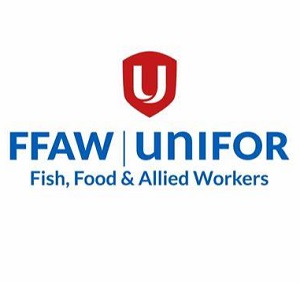
Union Launches Call for Economic Support for Crab Industry
Today, FFAW-Unifor is launching a campaign for federal support for those impacted by the post-pandemic collapse in the snow crab fishery. The detailed proposal includes income support requests for fish harvesters, fishery workers, and enterprise owners, to address significant income shortages this year and provide the help needed to make it to next season. The fishery is a reliable, sustainable, and important source of economic development for coastal communities with over 7,500 Newfoundlanders and Labradorians relying on the crab solely or mostly for their livelihood. The current crisis can be attributed to the fallout of the COVID-19 pandemic, pandemic stimulus spending in the United States, the Russian/Ukraine challenge and Russia’s takeover of Japanese seafood markets,,, click to read< 09:43
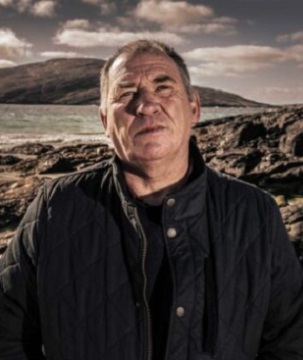
Scottish fishermen say marine protection plans will wreck coastal communities
“It’s about justice,” says Angus MacPhail, a creel fisher off Barra, in the Outer Hebrides, about the marine protection plans that he believes will devastate island cultures like his own. The outcry over these highly protected marine areas (HPMAs) – a key part of the Bute House agreement that brought the Scottish Greens into government with the SNP in 2021 – has been heartfelt, with accusations that the policy is poorly evidenced, weakly consulted and dismissive of local experience. He insists the historic comparison to the Highland clearances is “no exaggeration” – he says closing these inshore fishing grounds won’t just destroy the fleet but the already fragile island infrastructure that relies on it, from net makers to schools bolstered by fishers’ offspring. >click to read< 09:12
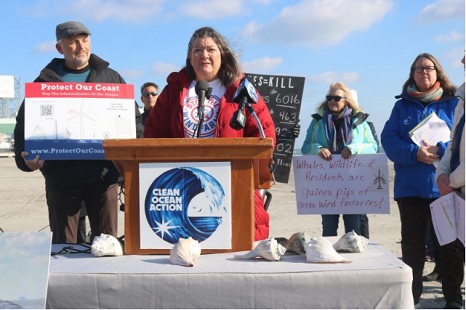
Wind Farm Opponents to Host Fundraiser For Legal Defense Fund
For nearly four years, opponents of a proposed offshore wind farm that they say could negatively affect marine life, tourism, the commercial fishing industry and wildlife have held protests and signed petitions calling for a halt to the project by Danish energy company, Orsted. Protect Our Coast NJ founder Suzanne Hornick, of Ocean City, said the time is now to stop offshore wind farm projects to protect the environment. “Protect Our Coast NJ is fighting to protect our coastal community and our ocean from the extreme industrialization currently planned for our shores,” Hornick said. “We know that the proposed projects which could see thousands of gigantic turbines and substations off our coast will destroy our community, quality of life, economy, ecosystem, food supply, national security, and more.” >click to read< 07:55

































